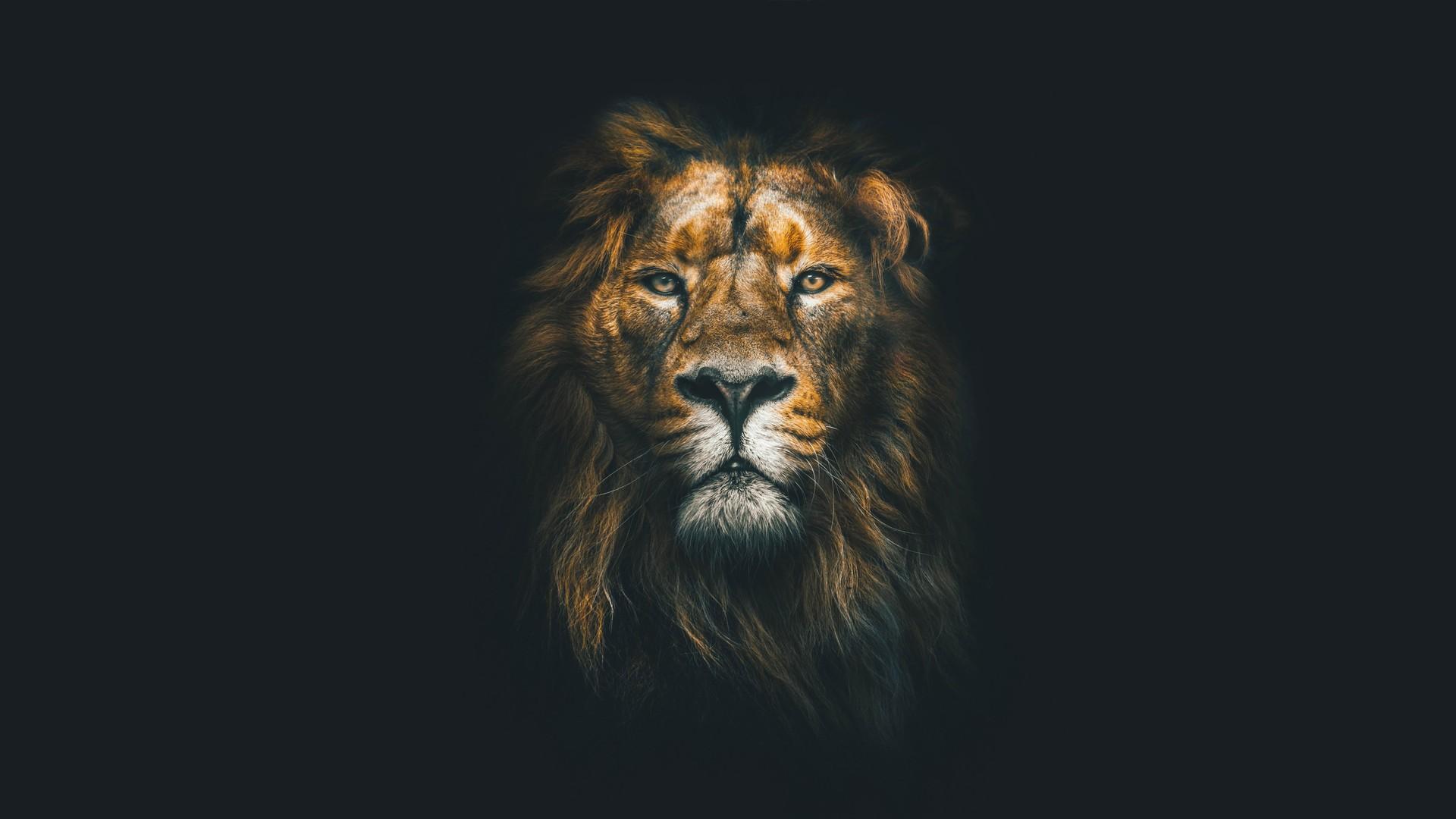
The Canned Hunting Scam
Canned Hunting
From the age of about four years, captive bred lions and tigers are offered as trophies to hunters. These big cats, often hand-reared by paying international volunteers and exploited for interaction with paying visitors, are habituated and have lost their fear for humans.
Canned hunting is an integral part of South Africa’s captive breeding industry that ensures the optimisation of the revenue generated from lions and other big cats from cradle to grave.
Over the past ten years, South Africa exported on average 800-900 lion trophies per year with most of these lions originating from the captive bred population. Captive breeding also facilitates rarities, such as white lions, lions with dark manes, and white tigers, which are more valuable and in high demand with trophy hunters. The top 5 importing countries are the USA, Spain, Russia, China and Canada.
The release time, i.e. the minimum time between releasing these lions from captivity onto the hunting farm and the actual trophy hunt, varies considerably across South Africa’s nine provinces. The North West province has the shortest release time, only four days, and no minimum hunting camp size. The Free State follows with a release time of 30 days and a prescribed hunting camp size of at least 1,000 ha per 10 lions. It is therefore no surprise that the vast majority of hunting farms can be found in these two provinces.
What is “Canned Hunting”?
In 1997, the Cook Report, a British TV investigative documentary series, exposed the captive lion breeding industry in South Africa and introduced the phrase “canned lion hunting”. The term is used for the commercial shooting of captive bred and often habituated big cats, who have lost their fear of humans, in fenced-off and confined enclosures on private hunting farms, where the animal has little to no chance of escape.
Canned hunting increases the chance to successfully kill the trophy animal in the shortest amount of time possible and is especially popular with the more inexperienced hunters. In some cases, the big cats are drugged to make it even easier for the hunter to hit the target.
Proponents of this kind of trophy hunting often use terms like ranch hunting, captive hunting or put and take hunting instead of the tainted term canned hunting. However, this is all semantics, as they all describe the same kind of trophy hunting that doesn’t involve “fair chase”.
What is “fair chase”?
Fair chase is a term, used by professional hunting associations, to describe a type of trophy hunting that involves wild animals exhibiting natural behaviour and that takes place in large areas with plenty of chance for the animals to escape.
Fair chase described by Safari Club International, includes minimum criteria like:
- The animal(s) hunted must have freely resided on the hunting property for at least six months.
- The hunting property needs to provide escape cover that allows the animal(s) to elude hunters for extended periods of time and multiple occurrences.
- The animal(s) hunted must be part of a breeding herd residing on the hunting property.
- The animal(s) hunted must exhibit their natural flight/survival instincts.
- No zoo animals, exhibited animals or tame animals are to be hunted.
Criticism from within the trophy hunting industry
In November 2017, the Professional Hunters Association of South Africa (PHASA) passed a motion in support of the hunting of captive-bred lions, reversing its previous position in 2016. This resulted in a split in the organisation and many prominent members decided to leave PHASA to form the Custodians of Professional Hunting and Conservation South Africa, which remains opposed to the practice.
Several high-profile international hunting organisations also cut links with PHASA over this issue. In the USA, both the Dallas Safari Club and Safari Club International have subsequently issued statements opposing the practice of hunting of captive-bred lions or in other words opposed canned hunting.

